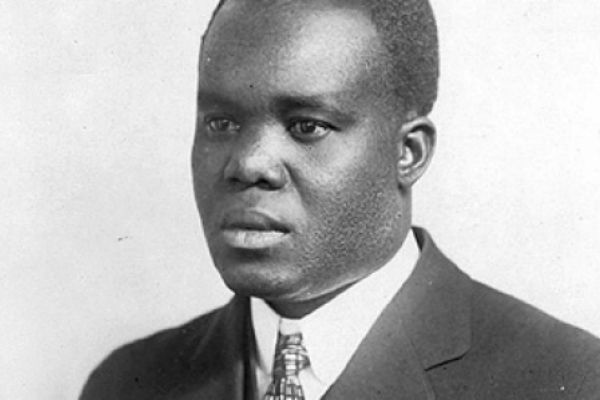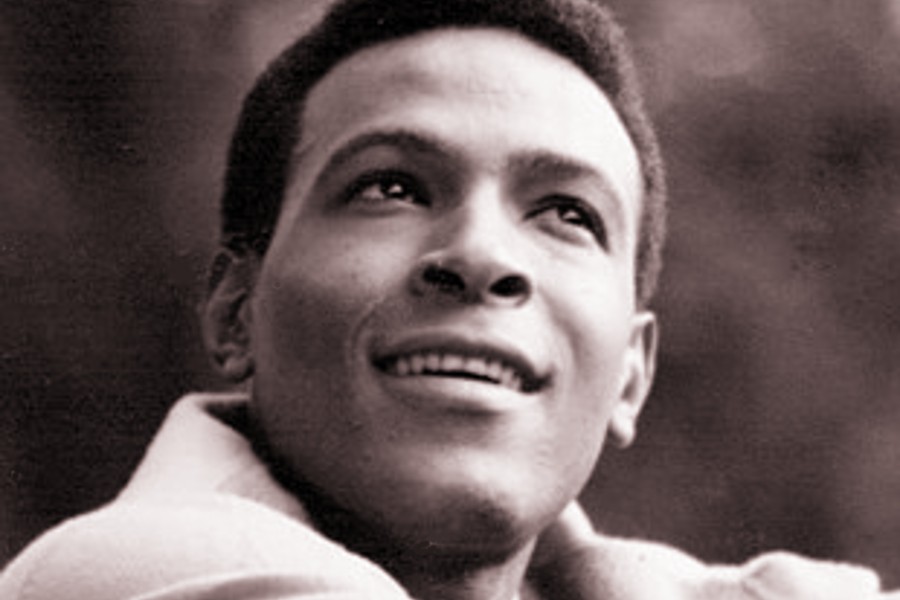 By Jeffrey Perry
By Jeffrey Perry
One hundred years ago St. Croix-born, Harlem-based, Hubert Harrison, 1883-1927, “the father of Harlem radicalism.”
Spoke out against the white supremacist attacks on the African American Greenwood community of Tulsa, Oklahoma.
On May 31 and June 1, 1921, Tulsa was torn by white supremacist attacks (including aerial bombing) on its African American Greenwood district.
Hubert Harrison called a 4 p.m. meeting for Sunday, June 5, 1921, at the 135th St. Public Library in Harlem to “protest against the Tulsa massacre.”
On behalf of the recently revived Liberty League (which he had originally founded in 1917 as the first organization of the militant “New Negro Movement”) Harrison sent a telegram to Oklahoma Governor, James B. Robertson, warning that unless the authorities took dramatic measures against those responsible “this condition will give an immense impetus to the movement among the Negroes for arming themselves against white aggression.”
He added, “Unless the state authorities repudiate and punish such lawlessness, Negroes will develop as militant a spirit as the Irish in Ireland.”
Other scheduled speakers at the rally were Rev. Dr. Williams the elder, Irena Moorman Blackstone, president of the Women’s National Business Association, Arthur E. King, publicist, and Edgar M. Grey, secretary of the Liberty League, who was to preside.
On June 6, 1921, Harrison wrote a letter to the editor of the New York Times that was not published that quoted from the League’s telegram to the Governor of Oklahoma – “If this sort of thing can be done with impunity in a southern state, then it will become necessary for Negroes all over the South to arm for self-defense.”
He reasoned, that “a Negro who shoots down lawless murderers in defense of his home is contributing to the creation of a wholesome respect for law and order and orderly legal processes.”
Harrison insisted that this “right of self-defense is conceded by all laws, Southern as well as Northern” and he explained, “my people are defending themselves now, as a last resort.”

For more of Harrison’s comments on Tulsa and contemporaneous events see Jeffrey B. Perry, Hubert Harrison: The Struggle for Equality, 1918-1927 (Columbia University Press, 2020 – use code “CUP-20” for a 20% discount on each volume at cup.columbia.edu).
Photo credit: 1) African American District of Tulsa aflame, c. June 1, 1921. 2) Hubert Harrison.
Become a Harlem Insider!
By submitting this form, you are consenting to receive marketing emails from: Harlem World Magazine, 2521 1/2 west 42nd street, Los Angeles, CA, 90008, https://www.harlemworldmagazine.com. You can revoke your consent to receive emails at any time by using the SafeUnsubscribe® link, found at the bottom of every email. Emails are serviced by Constant Contact








